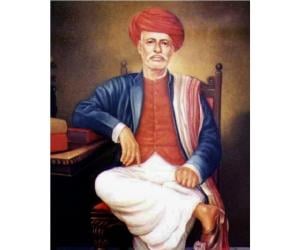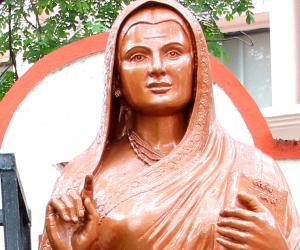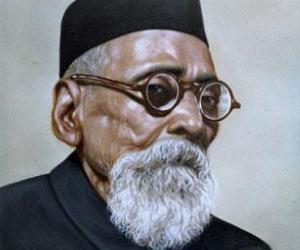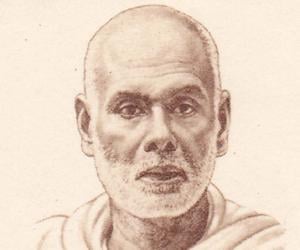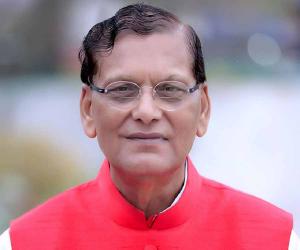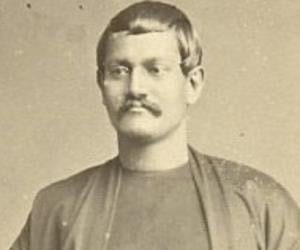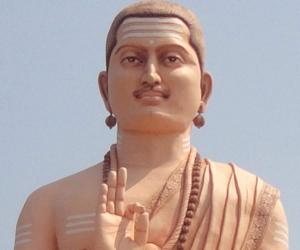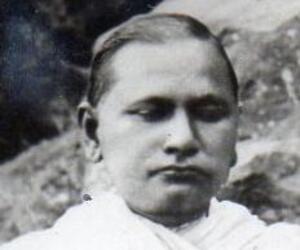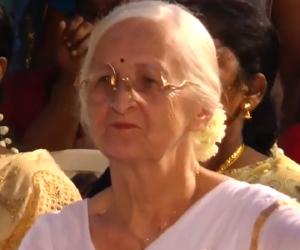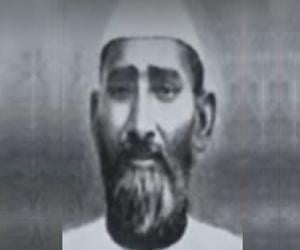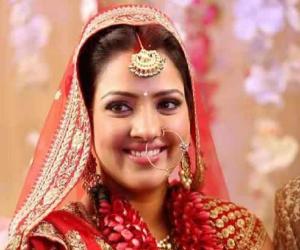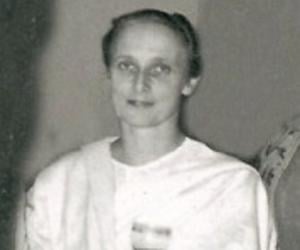1
Jyotiba Phule
(Social Reformer)
Birthdate: April 11, 1827
Sun Sign: Aries
Birthplace: Satara, Maharashtra, India
Died: November 28, 1890
Jyotirao Govindrao Phule was an Indian social activist, businessman, anti-caste social reformer, and writer from Maharashtra. He dedicated his professional life to eradicating untouchability and the caste system, advocating for the education of women and oppressed caste people. Phule established the first school for girls in Pune and founded the Satyashodhak Samaj to promote equal rights for lower-caste individuals. He welcomed people from all religions and castes into his association, working tirelessly for the upliftment of marginalized communities. Phule's contributions to social reform in Maharashtra were significant and enduring.
